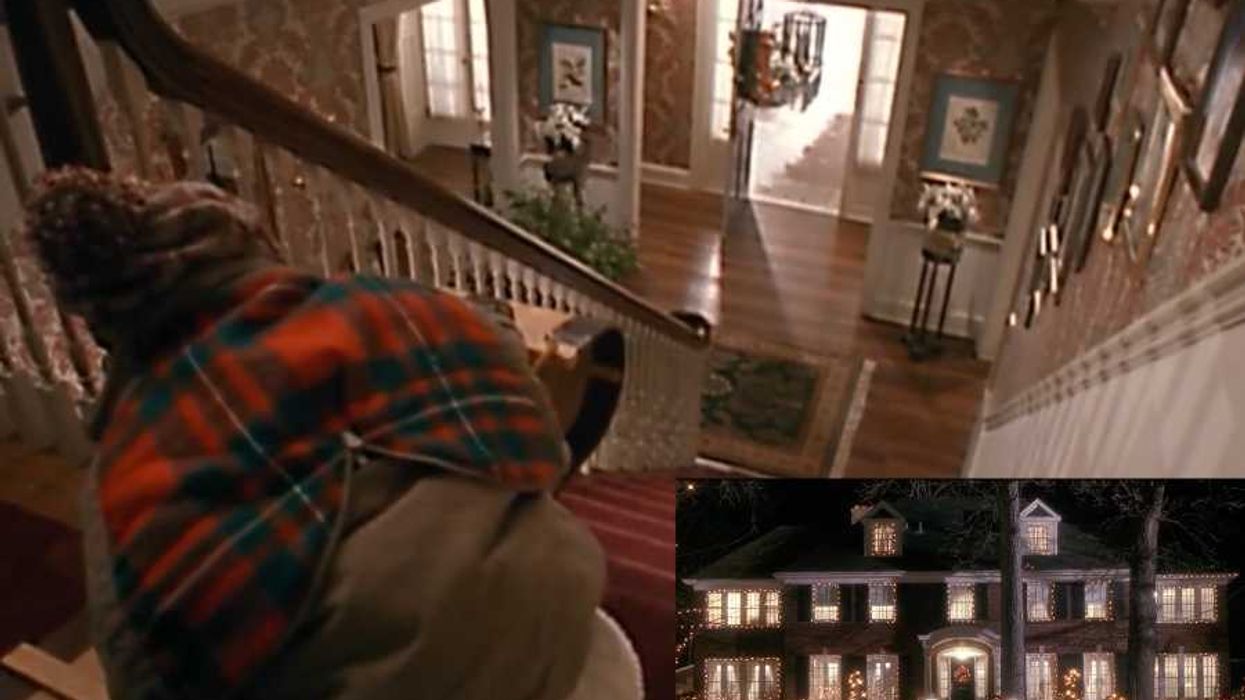This summer, the beleaguered Nigerian military gained an unexpected ally in their fight against the repugnant terrorist organization Boko Haram: witches and wizards. In July, a body called the Association of Nigerian Witches & Wizards called an emergency meeting in the little town of Afuze to pledge their aid in the fight against terror, and to predict the (always uncertain) death of Boko Haram leader Abubakar Shekau by the end of the year. This wasn’t the first time the Association, which has been active since at least 2011 and holds bi-annual national convocations, has offered their powers to the nation as a collective. And they’re not alone—all across the world, witches and wizards have joined together, not in covens or under the same teachings, but in collective action groups, promoting their own safety, resisting discrimination, and sometimes offering their united powers to the service of their nations.
These new groups represent a different image for these sorcerers, who’re often viewed with skepticism or horror as practitioners of dark and dangerous, or silly and superstitious, crafts. In Nigeria especially, popular depictions associate witches and wizards with ritual sacrifice, the slaughter of albinos, and cannibalism intended to steal the powers of the kidnapped and devoured. (Think District 9.) Some churches there have reacted to the Association’s public presence with their own predictions that the witches and wizards themselves will vanish by the end of the year. Beyond Nigeria, conditions are often much worse for supernatural craftspeople, with countries like Romania, traditionally a magic-tolerant nation, passing laws that threaten to fine or imprison witches whose predictions don’t come true. And all across the world, witches and wizards still face the very real threat of summary execution for their beliefs and actions.
Witchcraft and wizardry is a diverse field, ranging from new age to traditional practices, encompassing herbalism, incantations, midwifery, and any number of highly personalized beliefs and techniques, even within a single region. So it’s unsurprising that many operate alone, or in small like-minded covens, rather than joining larger organizations. But even in Brooklyn, New York, diverse witches have begun to congregate in larger organizations, united by a common goal to revive and reframe what it means to practice the craft. Many such mutual support and solidarity groups envision the revival of a centralized witching body, not controlled by a clergy, but rather collectively organized to share experiences, collaborate professionally, and dispel misunderstandings.
In Romania, which levied unprecedented taxes on witches in 2011, these unions have become a way to address issues as a class, with witches bonding together to hex the reportedly superstitious President Traian Basescu and his government. This kind of unity under duress extends back at least 20 years and all across the world—in 1991 witches in Nicaragua proposed a formal union to resist new taxes, catch imposters discrediting their craft, and fight back against doctors slandering them in local communities.
But of all the magical unions formed over the past few decades, the Nigerians may be the most proactive of the lot. Refusing to stop at self-preservation and solidarity, they’ve sought to frame themselves as team players, deploying members to the capital, Abuja, in 2011 to ensure a peaceful inauguration for President Goodluck Jonathan after a restive election season. The Nigerian witches even claim to have reached out to international witches’ associations, calling upon outside aid in confronting the country’s challenges. “Some people look at us as if we are evil minded people,” said Association leader Dr. Okhue Oboi in an interview with Nigeria’s Daily Sun. “Not all witches are bad. Our own type of witchcraft is progressive. We are willing to intervene in the affairs of the country anytime the government decides to seek our counsel…Witches and wizards in the country are ready to help restore Nigeria’s lost glory.”
















 Otis knew before they did.
Otis knew before they did.